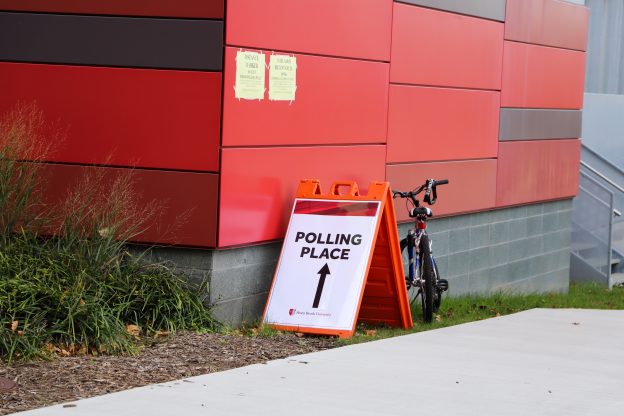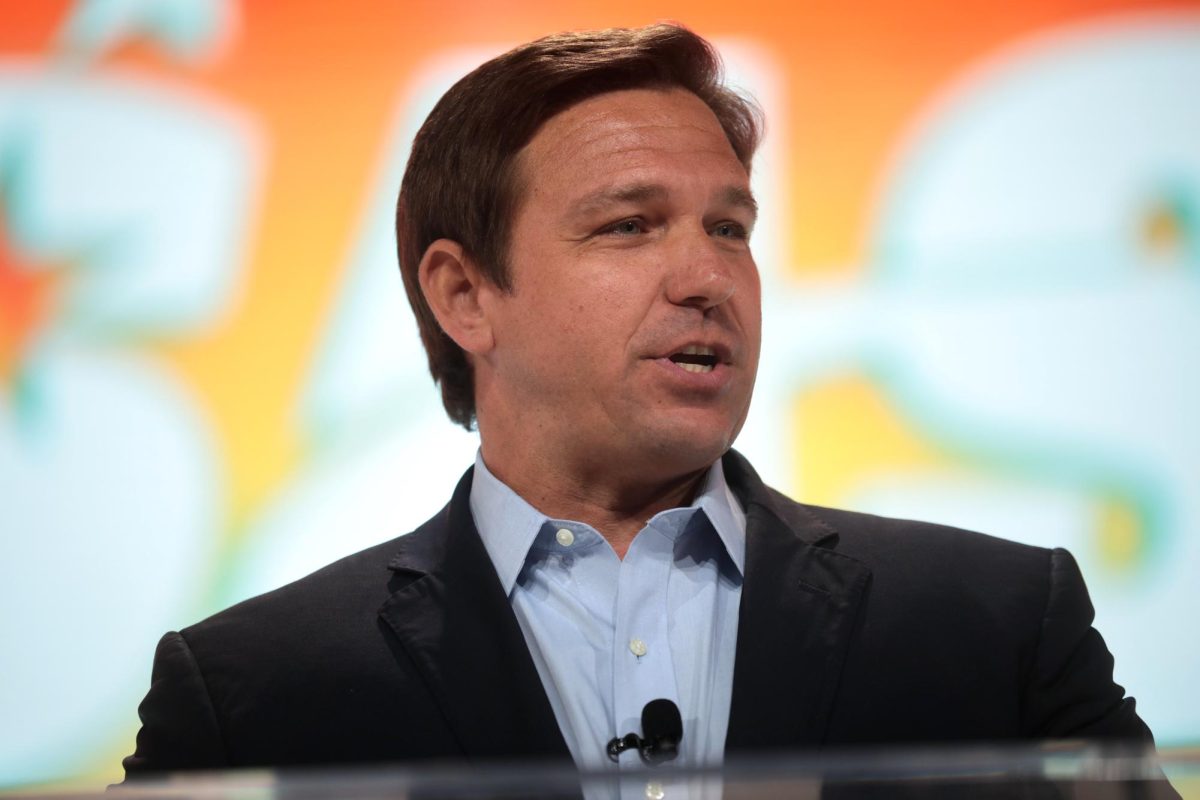
Matt Lindsay is a senior journalism major.
Major League Baseball was right to move the 2021 All-Star Game out of Atlanta following Georgia’s new voting law.
On March 25, Governor Brian Kemp signed into law a bill that vastly alters Georgia’s voting rules, mostly in ways that disproportionately affect minorities. Some areas that will see the most significant change include absentee voting, voting lines and Election Board control.
Absentee ballot applications were automatically mailed out by local government agencies to every eligible voter in Georgia last year, which has become illegal under the new law. Voters must now provide identification if voting absentee and ballot drop boxes will be much less prevalent and placed inside government buildings, limiting access time.
While these provisions will probably decrease voting accessibility — voter turnout in the 2020 election broke Georgia’s record — the case can be made that automatic absentee ballot applications and increased drop boxes were only in place last year because of the coronavirus pandemic.
Republican legislators argue that requiring ID will ensure a secure voting process and combat voter fraud, but it will make it harder for minorities and people living in low-income areas to vote. Twenty-five percent of African American citizens of voting age don’t have a government-issued ID, compared to only 8% of white people without government-issued ID. A 2016 study found that photo ID laws worsened the participation gap between voters of color and whites.
Reduced accessibility to absentee ballots will contribute to the already-long lines at polling places in nonwhite communities. In general, Black voters wait longer to vote than white voters, which is exacerbated by Georgia who measured as having the longest average wait time to vote on Election Day in 2014 and 2018.
The new law also prevents individuals or third-party groups from handing out food or water to voters who are waiting in line. A 2016 survey showed that over 560,000 eligible voters didn’t cast a vote in 2016 due to polling place problems like long lines. For example, if a voter forgets to bring water to their polling place, they could become dehydrated from waiting in line for a prolonged period and leave.
Whether it’s reducing voting fraud or reverting to pre-pandemic procedures, these provisions do have some logic behind them. The reorganization of the State Election Board, however, shows the real motivation behind this law.
A chairperson appointed by the state legislature, which is under Republican control, will replace Georgia Secretary of State Brad Raffensperger on the board. After Georgia dramatically flipped from red to blue in the 2020 presidential election, Raffensperger refused former President Donald Trump’s attempts to have the result of the state’s election changed.
The board is now fully controlled by the Republican legislative majority and has the power to take over disqualifying ballots across Georgia. Kicking Brad Raffensperger off the board may have just been revenge for standing up to Trump, but it’s clear that Georgia Republicans want control.
This past election marked the first time since 1992 that a Democratic presidential candidate won Georgia. The purpose of this law in its entirety is to unfairly prevent Democrats from winning elections in the future.
Following the law’s passage, many questioned whether MLB would keep the 2021 All-Star Game in Atlanta. President Joe Biden even weighed in and urged MLB to move the game, calling the new voting laws “Jim Crow on steroids.”
A day after the president’s remarks, MLB Commissioner Rob Manfred announced in a statement that “the best way to demonstrate our values as a sport is by relocating this year’s All-Star Game and MLB Draft.”
Last September, MLB became the first professional sports league to join the Civic Alliance, a non-partisan group of businesses working together to support an active democracy. In his statement, Manfred reiterated the league’s support for fair voting access.
The announcement was met with overwhelming support from athletes such as LeBron James and Francisco Lindor, as well as political figures like former President Barack Obama and Atlanta mayor Keisha Bottoms.
The decision did not thrill the Atlanta Braves, as they lost out on hosting the annual All-Star Game. In its statement, the organization said that it hoped to use the All-Star Game as a platform to enhance the discussion on voting rights.
To me, the statement appears tone-deaf, ungenuine and selfish. Yes, Atlanta’s businesses will suffer from the relocation of the All-Star Game, but it’s not like MLB made the decision for fun. If they should be disappointed in anyone, it should be the people who passed the new voting laws.
Braves’ first baseman and reigning NL MVP, Freddie Freeman voiced a similar message a day before the announcement to relocate was made.
I love Freddie Freeman. He’s one of my favorite players and one of the nicer guys in the league. He also encouraged his teammates to get involved with The Players Alliance, a group of former and current Black MLB players focused on social equity in baseball and the community.
Freeman’s response felt much more real than the Braves’ statement, and it made me think more about the idea of using the game as a platform. “What’s happened in the last couple of months has already gone through, so why not use what we already have here as a platform in the city and state that it has been passed through?” Freeman asked.
He has a point, but the game can be used as a platform for voting rights regardless of where it takes place. Keeping the game in Atlanta would’ve shown legislators that they can get away with restricting voting rights, even if it was centered on enhancing the discussion.
I don’t think moving the game will make Governor Kemp and co. change their minds, but it at least shows them that their actions have consequences. MLB’s action will also set an example for other organizations to take a stand against unfair policies.
This country is based on democracy and Georgia’s new voting law hampers the democratic process. Fair and equal voting rights are imperative in making sure that everyone’s voice is heard.
More organizations should follow in MLB’s footsteps to advocate for equal voting rights and general social equity.


















